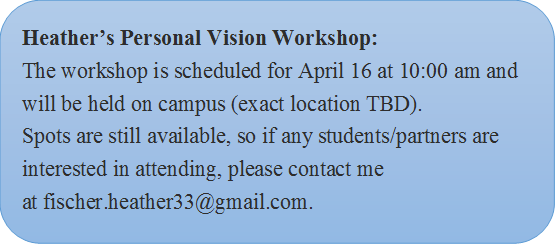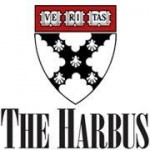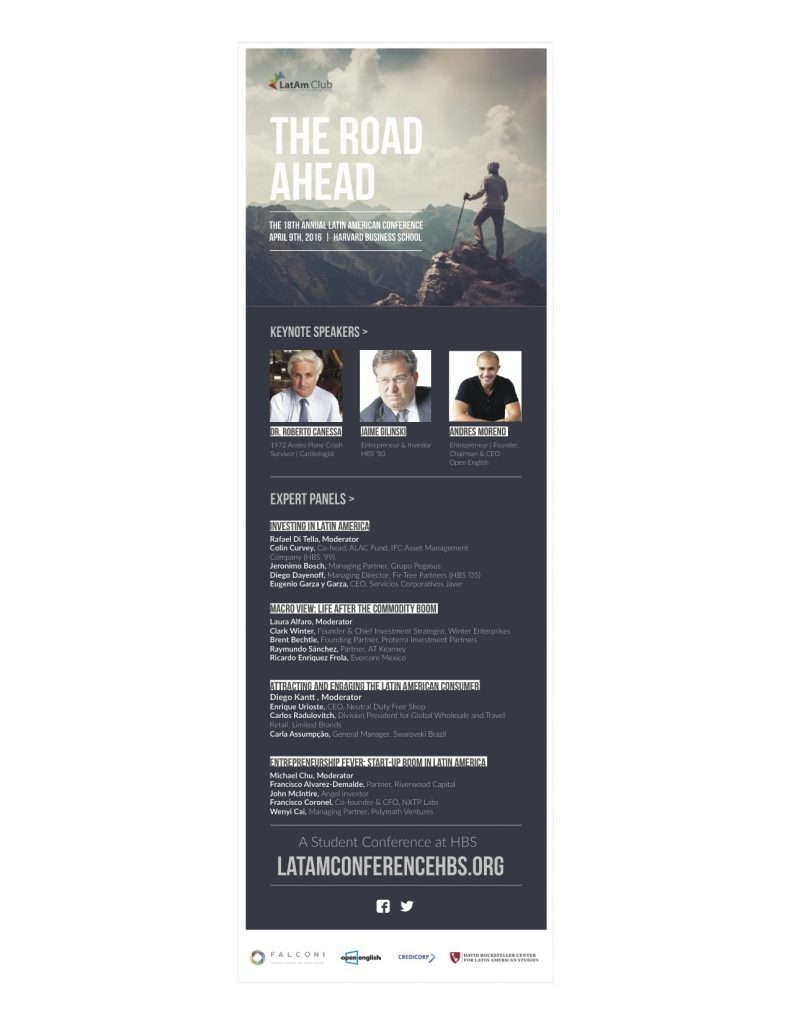
When season one of Master of None was released on Netflix this past November, it quickly piqued the interest of many young adults in their 20s and 30s. I, like my peers, was drawn in by Aziz Ansari’s relatable character; a 30 year old living in New York, processing through his very real professional and personal life.

The second episode in particular, hit home for many as the show depicted the life of several seemingly apathetic first-generationers whose parents worked hard and sacrificed much to come to America and give their children the life they never had. Yet much to the parents’ disappointment, their children seemed ungrateful and overly consumed with their search to find ideal careers and relationships.
Whether viewers were first-generationers themselves or not, the show highlighted many generalized differences between our Baby Boomer parents (born 1946-1965) and those of us in Gen Y (born 1980-mid 1990s); differences we’ve read all about in many Gen Y-bashing posts over the years. Self-absorbed…entitled…unappreciative of our freedom; the message rings loud and clear that we Gen Yers often live unaware of how much we’ve been given and feel entitled to the best of what life has to offer.
Is it true? Maybe. But personally, I don’t see much point in debating whether or not we actually are selfish and ungrateful. After all, generalizations are just that…general statements applied to all, impossible to accurately measure on an individual basis.
The real value, I’d argue, comes in challenging ourselves with a call to action in light of all we’ve been given, regardless of income, gender, or ethnicity. Now, in case you’re thinking “hold up for a minute – the Gen Yers you’re describing only represent a small percentage of our generation with a certain background, who don’t have to worry about where their next meal comes from”, I’d ask you to consider how broadly applicable the mindset and opportunity that I’m describing is across nearly the entire socio-economic spectrum when viewed through the lens of what our parents and grandparents had, compared to even those who feel like they’re struggling to make ends meet.
Regardless of our individual differences, I believe we as Gen Yers in America will benefit from some honest self-reflection. If we really have more opportunity than so many others who came before us, what are we doing with it? If we have been trained to work faster and smarter in more creative and adaptable ways, how are we leveraging it? And, if we have a belief in uniqueness that fans a fire of passion within us, are we using it to impact the world for the better, or are we getting stuck, paralyzed by our uncertainty in answering “what should I do with my life”?
Although we’re often criticized for it, many Gen Yers in America are living with the privileges those before us fought hard for us to have. Prioritizing self-fulfillment when choosing a career wasn’t an option for many in the past; you did what you had to do in order to eat and survive. Today, we live with more flexibility and freedom than our great grandparents could have dreamt of; flexibility to take time choosing our paths, and freedom to not only ponder the question “what do I want to do with my life?”, but to make the answer a reality.
As a result, many of us put off “adulthood” and/or procreation until we reach our 30’s, and while for some it may be a sign of delayed maturity and responsibility, for others it may very well be an effect of our afforded privilege to be self-actualized; and to take our time getting there.
Call it selfish; call it lazy; but whatever you call it, realize that it was how we were raised to approach the world. Perhaps instead of a wrong way of operating, it is simply different.
We were taught to be non-traditional, and our desire for others to be receptive to this comes not from a place of expectation, but rather from a place of necessity in order to flourish. What some may call “entitlement” may in fact just be a presumption for ourselves that we can and will do more than just settle for “safe”. We have high faith in our potential, and we’d often rather die than live a life below the bar.
The belief that there is something better out there than the ordinary, runs thick in the blood of our ancestors. It’s what drove them to this very country in the first place. It is not unique to Gen Y, but the vast opportunity to live it out, is.
We readily agree with our parents and grandparents that the privilege to think first about what we want to do with our talents and second about what we will eat, is an enormous blessing; one we would be foolish to overlook and under-appreciate when we have it.
So it raises the question, what are we doing with it?
Are we making the most of our freedom, or are we squandering it by getting stuck uncovering the “what and how?” Does this gift of liberation bring life to us, or are we allowing it to enslave us by our own chains of obsession with figuring out the ideal life?
I believe most of us want to take action and make those who fought so hard for it, proud. However, to do so, I think, requires a bit of a mind shift.
 Perhaps the question “what am I supposed to do?” is one birthed from the attempt to force our 21st century minds into a system of living from a by-gone era. It implies that there will be one main identifier for our life: banker; farmer; teacher. In our world today, we are flooded with so many options, that the process of choosing the “right one” often paralyzes us. If we commit to the fact that our professional lives may just be lived in 2-3 year increments, consisting of many different “identifiers”, we can be freed to pursue that which we are both passionate and most capable of doing while adapting and growing along the way.
Perhaps the question “what am I supposed to do?” is one birthed from the attempt to force our 21st century minds into a system of living from a by-gone era. It implies that there will be one main identifier for our life: banker; farmer; teacher. In our world today, we are flooded with so many options, that the process of choosing the “right one” often paralyzes us. If we commit to the fact that our professional lives may just be lived in 2-3 year increments, consisting of many different “identifiers”, we can be freed to pursue that which we are both passionate and most capable of doing while adapting and growing along the way.
If we free ourselves from the heavy pressure of having it all figured out, it will enable us to take action now. We will not feel the need to drag our feet, as we wait for all the details to perfectly align and an epiphany to come to us.
Perhaps we will learn to trust that when we first know who we are, then the answer to what shall we do begins to unfold along the way as we first step out in faith.
We can allow the world to classify our generation as selfish and entitled, or we can be remembered as world changers who leveraged the stage that was set before them. If not us, who will? After all, we believe we’re just special enough to do it.

Heather Fischer is an HBS Partner who works as an Organizational Effectiveness Specialist for W.L. Gore & Associates. She is also the author of Madetolive.org.
Get 15% off tickets with code ‘HARBUSLATAM’ to HBS’ Latin American Conference taking place on campus this Saturday, April 9!

Established in 1937, The Harbus News Corporation is the independent student news publisher of Harvard Business School.
Visit www.harbus.org for our latest content.



